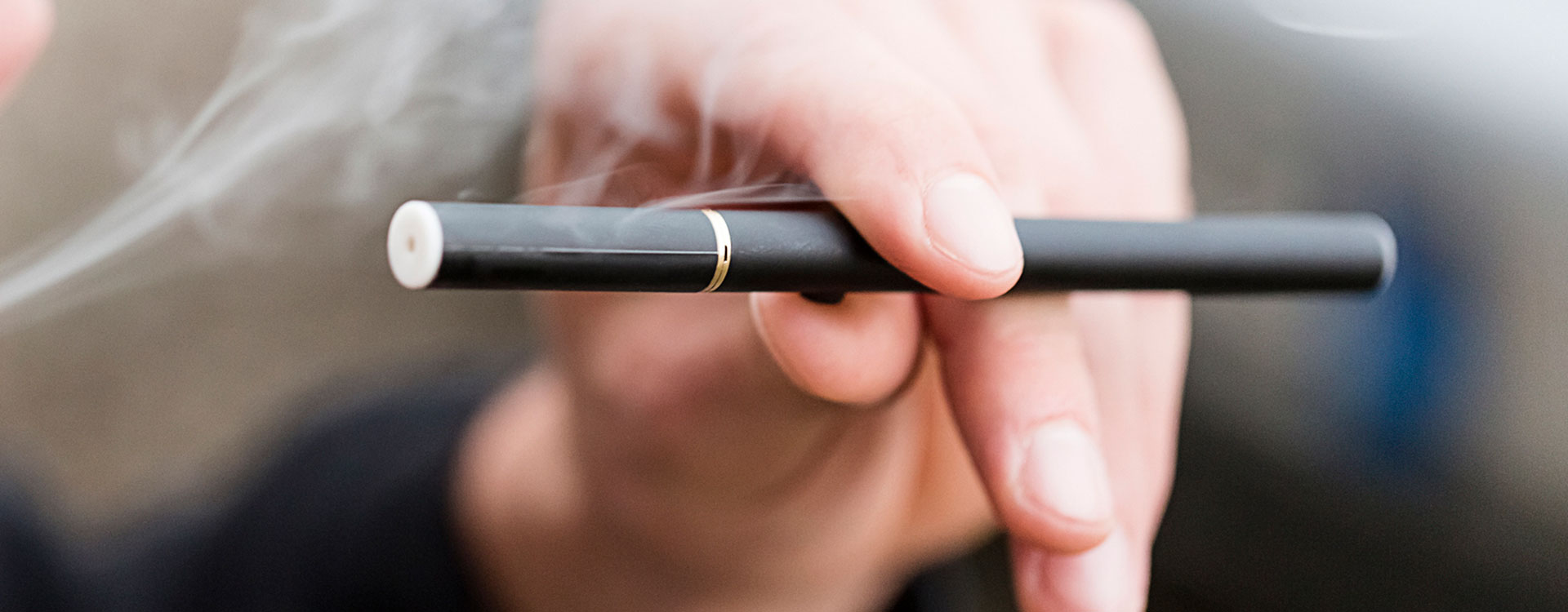How many times do you find yourself brewing another cup of coffee or grabbing a soda to keep your energy up? You may not be keeping count of how many times you’re refueling with caffeine each day, but it’s important to know how much you’re getting because you could be overdoing it. How much is considered too much caffeine?
What is a healthy daily dose of caffeine?
While caffeine affects people differently, a good measurement for the average healthy adult is consuming 400 milligrams of caffeine daily. For coffee drinkers, that’s about four cups. If coffee isn’t your cup of tea, many other products contain caffeine – so make sure you’re paying attention to what you’re consuming. Some foods and beverages you may not realize contain caffeine include:
- Green and black tea
- Chocolate bars
- Breakfast cereals
- Energy bars and gels
- Chewing gum
While caffeine is typically safe for adults, there are individuals who should avoid it including:
- Children
- Individuals with specific heart problems
- Caffeine-sensitve individuals
It’s also vital for women who are pregnant or trying to become pregnant to monitor their intake of caffeine. You should talk to your doctor, but reducing your caffeine intake to about 200 milligrams a day may be a good idea.
Caffeine side effects
Moderation is key to any part of your health plan, which is true regarding caffeine. If you are feeling unpleasant side effects that could be a sign your body is over-caffeinated. Here are some things to watch out for.
Trouble sleeping
One of the most common reasons we reach for caffeine is our dependence on it to keep us awake. On the flip side, consuming too much can have the opposite effect and make it harder to fall asleep and stay asleep. To make sure you’re setting yourself up for a good night’s sleep, avoid caffeine in the mid-afternoon or evening.
Anxiety
Caffeine can help you stay alert but overdoing it can lead to anxiety or edginess. If you feel yourself getting jittery or nervous after drinking coffee or consuming caffeine, it is likely you have had too much. Keep tabs on how your body responds after you’ve had caffeine; this way you can adjust your intake accordingly.
Fast heart rate
If you’ve had too much caffeine, it may feel like your heart is beating too fast. While this is not dangerous in most instances, it can definitely be an alarming experience. If you notice your heart racing after caffeine, consider reducing your intake.
Headaches
If you’re someone who consumes large amounts of caffeine on a regular basis, going without it for several hours can lead to withdrawal symptoms, most commonly, headaches. If you have frequent headaches, consider slowly decreasing your intake so your body can adjust.
Frequent urination and dehydration
Caffeine acts as a diuretic which means more trips to the bathroom. Keep yourself hydrated by drinking plenty of water throughout the day – especially if you find yourself having more caffeine than usual.
Cutting back on caffeine
If you’ve experienced any of the side effects that I mentioned, you may need to cut back on your caffeine consumption. It’s important to make changes gradually, so as not to shock your system and send your body into withdrawal. Try to drink one fewer serving of your caffeinated product of choice, whether that’s one less cup of coffee or tea or having water with lunch instead of a soda. This will help your body adjust to the changes gradually and lessen your chance of developing headaches or other withdrawal effects.
Your primary care provider can help set you up on the best plan to adjust your caffeine intake. To find a provider near you, visit pardeehospital.org.





